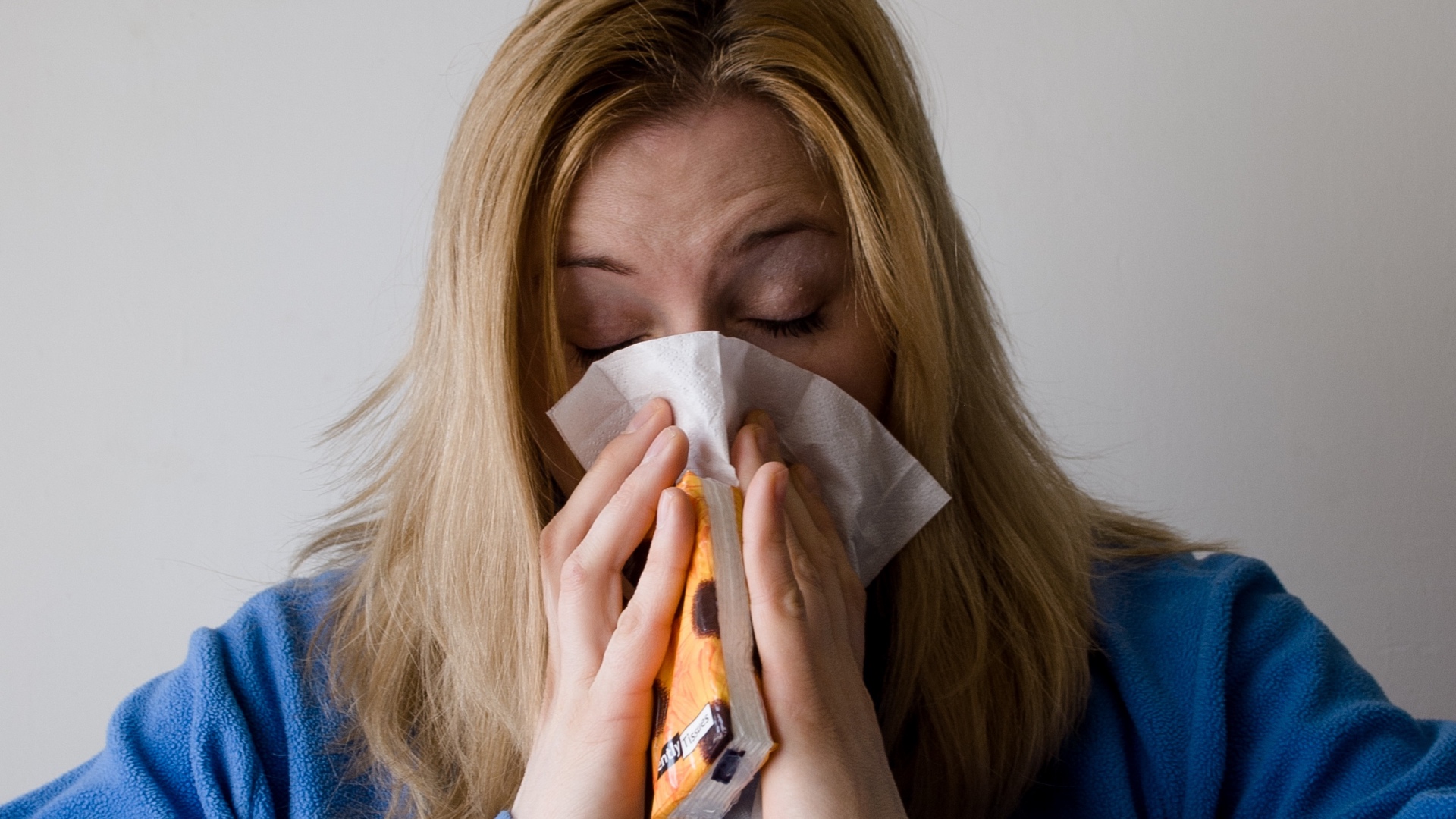
Air conditioning is ideal for comfort throughout the United States during the warmest months, but essential in the warmest climates (like ours) so we can thrive year-round. A well-maintained and efficient air conditioner contributes to a comfortable indoor environment, and can contribute to a healthy atmosphere, especially when the alternative is suffering through sweltering months of high heat and humidity. However, there are issues with an A/C that can contribute to a number of health problems. But with proper maintenance and configuration, your air conditioner can be a safe and beneficial part of your indoor environment.
Health Concerns with Your Air Conditioning
A central air conditioner’s capability greatly relies on (1) the condition of the appliance itself, and (2) the air going into (and through) it. A well-maintained unit offers many benefits—much more than potential problems. But if there are a few chinks in the system (inside or out), health problems can be caused or worsened.
- Recirculated air: When your air conditioner runs, the fan in the system also runs. But the fan can also be run in the “on” position even when the A/C hasn’t kicked on. Periodically running the fan with the air off can circulate the treated air around a little more, but it’s only moving the existing If the indoor air quality is poor, the fan will just push poor quality air through the ductwork.
- Mold and mildew: Running the fan in the on position all the time can also work against the A/C’s normal function of removing excess moisture in the air. The fan’s constant circulation can increase humidity, leading to mold and mildew growth.
- Contaminant buildup: Bacteria, pollen, pesticides, and other allergens or irritants already in the indoor air, or that can sneak through a healthy air conditioner’s defenses, can be further circulated by the fan. Filters that are too coarse for the indoor and outdoor air quality may allow these contaminants to continue to flow through the system, while improper sealing around the HVAC unit’s entry into the home (or flaws in the ductwork) allow new contaminants to bypass the filter and enter your inside air. Further, dust and debris in the ductwork (from years without cleaning, or due to more recent events like a renovation) just add to the problem.
- Restricted airflow: To prevent contaminants from flowing freely, it’s tempting to use a very fine air filter, but many can actually filter too much, and restrict airflow. This can cause the air conditioner to work too hard, or even fail from mechanical damage—which is unhealthy for both your comfort and your wallet!
- Respiratory and skin dryness: Even if the air conditioning is working well, running it at too low a temperature and too often draws so much moisture out of the air that it can cause breathing and skin problems from dryness. It can also exacerbate existing respiratory ailments or skin sensitivities.
- Heat intolerance: Ever notice the drastic difference between the outdoor temperature and the blast of cold air when you walk into a store with its air set at “arctic”? Keeping your residential thermostat too low makes it harder for your body to adjust when you do venture outside into the heat. By raising the temperature and spending more time outside or in different environments, the adjustment and tolerance will be easier.
Health Benefits of Air Conditioning
A properly-functioning A/C system can provide a number of benefits that a poorly maintained (or improperly set) system can’t.
- Comfort: Enjoying some cooled air isn’t just frivolous—comfort is important for physical and mental well-being, and even contributes to better productivity, both at work and at play.
- Avoids the dangers of extreme heat exposure: Taking it a step further, large parts of this country were almost uninhabitable before air conditioning came along. Being able to control indoor temperatures so that they are within safe ranges made it possible for populations to explode in hot climates—both humid and arid. Otherwise, extreme heat can lead to severe (and deadly) health problems, and intense sweating can result in dehydration.
- Discourages the presence of insects: Many bugs thrive in hot, moist conditions. Indoor air conditioning can send them packing.
- Can help reduce allergen exposure and improve air quality: With the right filtration and air handling settings, indoor climate control can be a refuge for severe allergy sufferers. The healthy system filters out pollen, dander, smoke, and other irritants.
Using Your A/C for Good Health
The key to enjoying great air conditioning and its health benefits is maintaining your system. Take these steps for success:
- Change filters regularly and choose types with adequate filtration, but also that allow adequate ventilation.
- Get annual maintenance from your HVAC company.
- Shut down the unit and open the windows from time to time during more comfortable weather.
- Raise the temperature a few degrees when out of the house or at night.
- Replace aging units.
- Consider adding an air purification system to your A/C.
We’re here to help you keep your system in great condition and meeting your needs. Your comfort is our concern!







